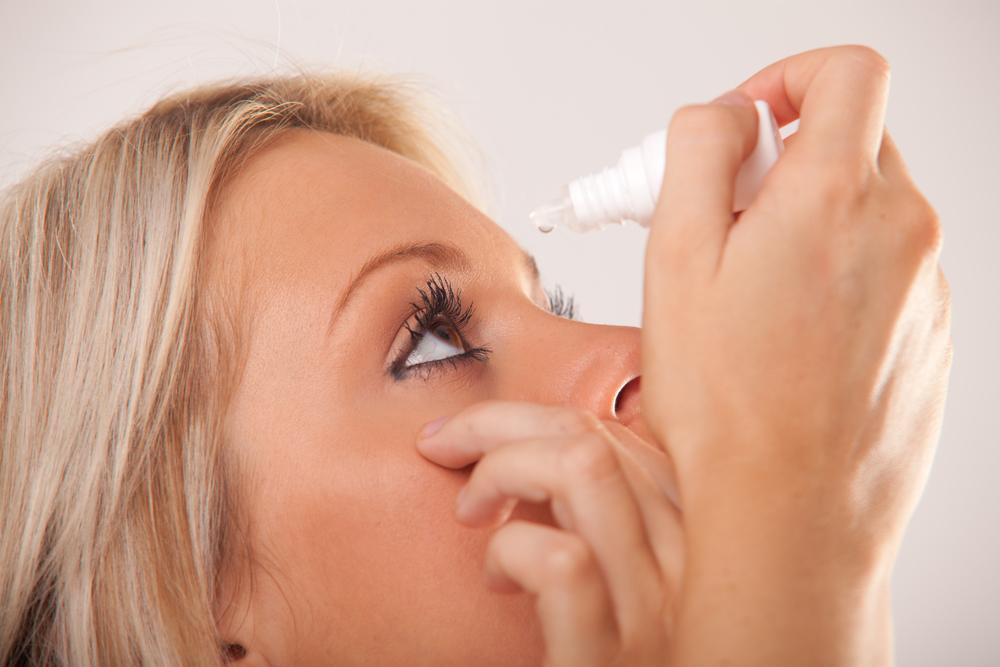Common Causes and Symptoms of Dry Eyes

Dry eyes, or more medically appropriate, Tear Film Dysfunction, occurs due to lack of natural lubrication in the eyes. This uncomfortable condition can be caused by an array of issues —including environmental (i.e., dry, dusty surroundings), an existing health condition (i.e., seasonal allergies), and other health issues that cause a decrease in the tear or natural oil production. Dry eyes can also be situational in occurrence. For instance, working all day at a computer can cause the eyes to become dry, red, and irritated because of lack of blinking, which naturally re-lubricates the eyes.
You may experience all or many of these common symptoms if you suffer from dry eye syndrome:
- Itchy eyes, prone to rubbing
- Eye redness and burning
- Eye pain or discomfort, the feeling of sand or grit in the eye
- Eye light sensitivity that causes frequent blinking
- Blurry or distorted vision
- Eye discharge and caking of the eyelashes
- A headache and eye pain, behind the eyes
- Eye fatigue or heavy eyelids
- Reflex tearing that counteracts eye irritation
- Tearing up or reflex tearing
Dry eye syndrome is the result of a lack of natural tear production. Our tears are made up of eye secretions like lubricating oils, proteins, natural water, and mucus as well as protective antibodies that safeguard the eyes from infection. Dry eyes tend to develop due to some or a combination of these causes:
Existing diseases
Most notably, health conditions such as rheumatoid arthritis (RA) and an immune system disorder known as Sjogren’s syndrome cause dry eyes and dry mouth.
Environment
Your surroundings can greatly decrease the eye’s ability to naturally lubricate. For instance, dry, dusty, smoke-filled, or highly air-conditioned or heated rooms can cause lack of tear production.
Aging
Unfortunately, dry eyes can occur as part of the natural aging process. Menopause, in particular, can impact the eyes’ tear production levels.
Drugs and medications
A plethora of prescription and over-the-counter medications can cause eyes to dry out —including oral birth control, hormone replacement therapy, high blood pressure meds, and antihistamines and decongestants taken for allergies.
Laser eye surgery
While laser eye surgery is not recommended for patients who suffer from dry eye syndrome, the LASIK procedure can also cause temporary dry eyes or long-term dry eyes.
Abnormal eyelid formation
If you are born or develop an impairment or malformation of the eyelids it can greatly impact the opening and closing of the eyelids, and thus impede natural eye lubrication and tear production.

